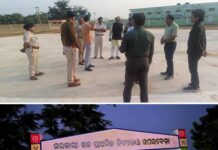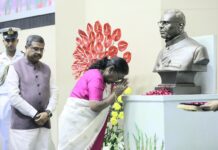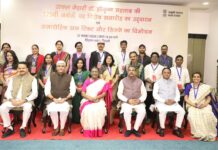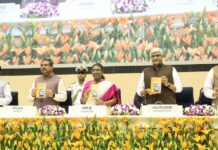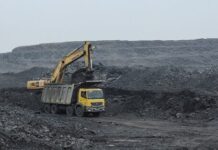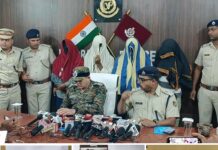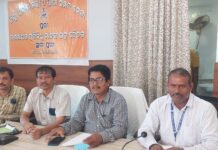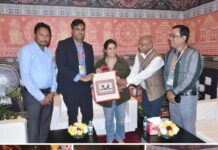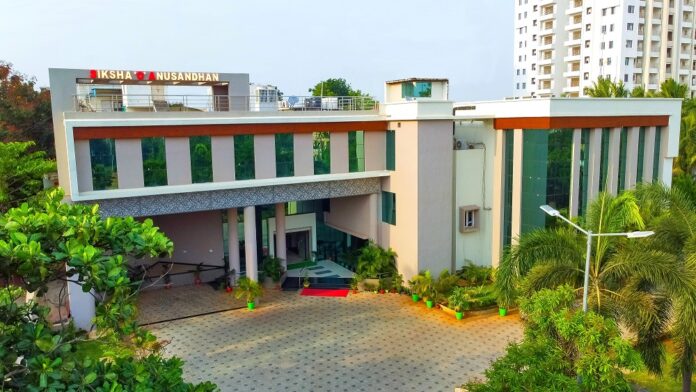By Our Correspondent
BHUBANESWAR: Experts representing academia, industry, research organisations and NGOs will be converging at the Siksha ‘O’ Anusandhan Deemed to be University (SOA) here for a three-day international conference from July 18 to discuss ways to address issues of climate variability.
The event, International Conference on Sustainable Agricultural Development with Climate Smart System (SADCSS), is being organised by the SOA-run Centre for Climate Smart Agriculture (CCSA) in collaboration with the Institute of Agricultural Sciences (IAS), SOA’s faculty of agricultural sciences, and the local chapter of Indian Meteorological Society.
“We hope that the conference will provide a platform to the scientific community and other stakeholders on developing region-specific climate smart cropping systems with technological interventions like use of Artificial Intelligence, drones, automated disease detection and treatment to minimise the uncertainty, maximise production and reduce Green House gas emission,” Prof. Rabindra Kumar Panda, Director of CCSA and Chairman of the event, said.
Prof. Panda said the ecological balance of the earth is upheld by the combined action of climate, water resources and environment. However, due to rapid urbanization and anthropogenic activities, this balance is shaken and the manifestation is observed in the form of changes in weather pattern, global warming, water scarcity and pollution of water, air and land.
“In the present scenario, climate variability is the major issue which needs to be addressed as it might cause irreversible effect on the environment”, Prof. Panda said.
As agriculture was dependent on water resources, any deviation in the water supply could bring about major problems in agricultural production leading to devastating drought, both long-term and short-term, as well as flood, he said.
Prof. Panda said the conference will feature a panel discussion involving experts from India and USA who have made a difference in this area. The discussion will focus on activities and innovations occurring in India and USA in climate risk adaptations.
Prof. Chittaranjan Ray, Professor and Director of Nebraska Water Centre, part of Daugherty Water for Food Global Institute at the University of Nebraska, Lincoln, USA and international advisor of CCSA, will be on the panel alongside Mr. Papatrao Bagulia Pawar of Hivre Bazar, Maharashtra and other experts. Mr. Pawar is known for scripting reverse migration of labourers from cities back to the villages many of whom have turned into millionaire farmers.
Dr. Ranjan Samantaray, senior Agricultural Specialist in the World Bank, who has significantly contributed to the development of agriculture in India through sustainable management of water resources, adoption of technologies to enhance efficiency and to reduce environmental footprint, will be part of the deliberations.
The deliverables of the conference will be a framework for agricultural production which maximizes production and farmer profits with optimal resource use efficiency under climate variability conditions with specific reference to Odisha, Prof. Panda said.


